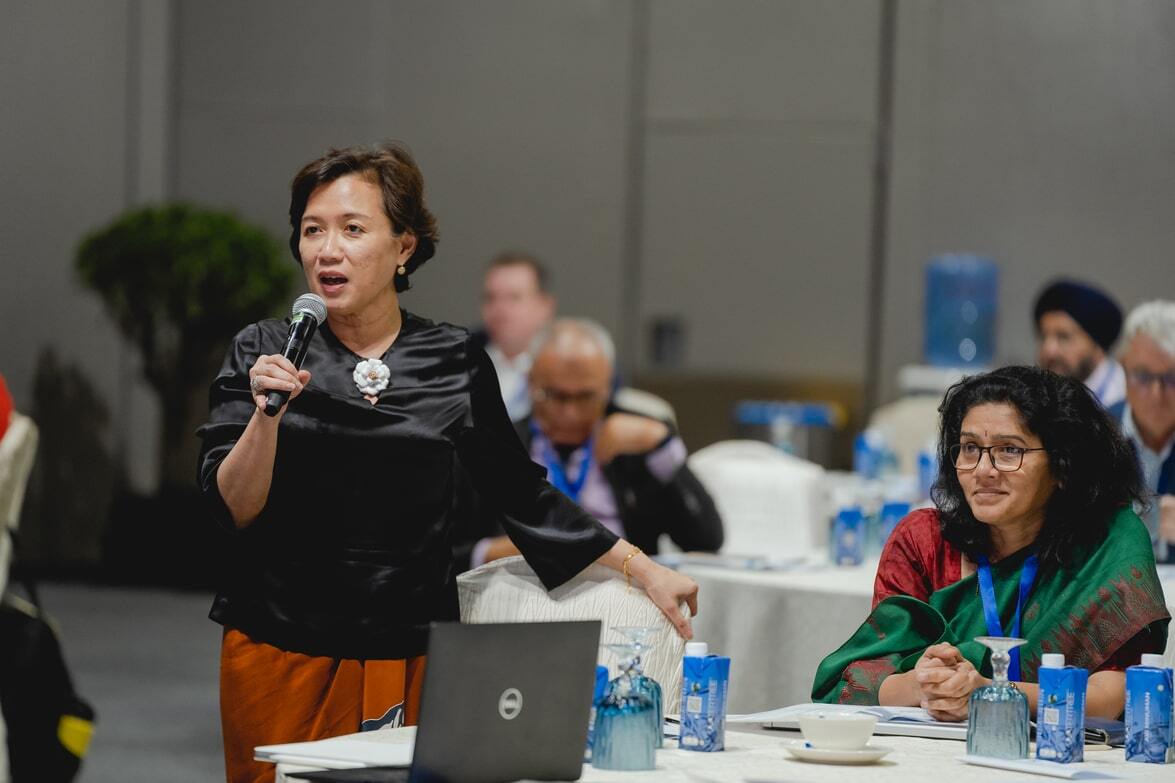KUALA LUMPUR, Oct 23 – Prof Dr Adeeba Kamarulzaman has called for a shift from mandatory rehab to community-based opioid addiction treatment, in line with the government’s commitment to decriminalise minor drug offences.
Dr Adeeba, who chairs the Malaysian AIDS Foundation’s (MAF) newly formed drug policy programme secretariat, said local evidence has shown that community-based treatment of opioid addiction with opiate agonist therapy or methadone reduced the risk of relapse by 80 per cent when compared to mandatory rehabilitation programmes.
A community-based approach is also more-cost effective.
“Incarceration is not the solution, nor is mandatory drug treatment such as pusat serenti (rehabilitation centre). We must embark on a more nuanced analysis of drugs, drug use, and drug treatment.
“The government must expand accessible and comprehensive treatment programmes under the auspices of the Ministry of Health as well as private practitioners in collaboration with civil society organisations such as Persatuan Pengasih Malaysia and Komuniti Cakna Terengganu, which offer community-based treatment.
“These organisations have demonstrated success in encouraging those who need help to come forward voluntarily. They provide a therapeutic community environment that is more beneficial for addiction treatment than mandatory rehabilitation or prisons,” Dr Adeeba said in a statement yesterday.
Dr Adeeba, a commissioner of the Global Commission on Drug Policy, pointed out that drug use disorder is a complex medical condition best managed by trained medical practitioners, instead of the criminal justice system.
“It’s time to move away from costly and ineffective mandatory drug urine tests, arrests, and detentions. Forced institutionalised rehabilitation programmes should be replaced with evidence-based treatment options in the community.
“Implementing a civil administrative programme within the public health system will effectively reduce criminality and eliminate the stigma associated with individuals who use drugs,” Dr Adeeba said.
Prime Minister Anwar Ibrahim recently announced the largest national budget to date, with a whopping allocation of RM393.8 billion.
During the budget announcement, Anwar once again reiterated the government’s policy shift to allow individuals with drug-related issues to receive treatment rather than incarceration.
“While the details of this item remain under wraps we hope that the strategy and action plans related to this significant policy reform will involve consultation with all key stakeholders including the health sector and affected population,” Dr Adeeba said.
Over the past year, Malaysia has made significant strides in drug policy reform.
The abolition of the mandatory death penalty in April 2023, including provisions for those convicted of drug-related offences, marks a significant move toward evidence-based and human rights-oriented laws.
In June, Home Minister Saifuddin Nasution Ismail’s announcement of a new bill to decriminalise the possession and use of small quantities of drugs signals a pivotal shift in the government’s stance.
On July 11, Law Minister Azalina Othman Saad underscored the urgent need for a comprehensive overhaul of Malaysia’s national drug policy.
Azalina emphasised the necessity of adapting to the evolving global landscape and addressing severe prison overcrowding caused by minor drug-related offenders who could benefit from treatment programmes instead of incarceration.
Globally, around 32 countries and 50 jurisdictions, including some states in the United States, have shifted away from the failed “War on Drugs” paradigm, opting for alternative strategies such as decriminalisation, which has yielded positive outcomes.
Various European countries have successfully decriminalised drug use and personal possession, resulting in reduced crime rates and no significant increase in drug use. This has led to reduced prison populations, freeing up resources for other critical areas.
“Malaysia must embark on drug policy reform and continue to take bold steps toward implementing a drug policy rooted in science and human rights. This includes decriminalisation of drugs for personal use and possession.
“To achieve this, experts urge the government to work closely with academia and civil society, including the newly formed Drug Policy Programme secretariat under the MAF, to formulate a progressive, evidence-based, and humane drug policy,” Dr Adeeba said.








